In recent years, travel to Japan has been extremely popular, and Chinese tourists have flooded into Japan. In 2016, it reached 4.99 million people, setting off a new wave of Japanese tourism. In this context, many well-known tourist attractions in Japan have also been renovated to attract more tourists. The famous Tokyo-based Shinagawa Aquarium Aqua-park shinagawa was reopened in July 2015, attracting visitors with new urban entertainment facilities beyond the aquarium. The Shinagawa Aquarium has adopted a large number of Leite LED controllers in this renovation project.
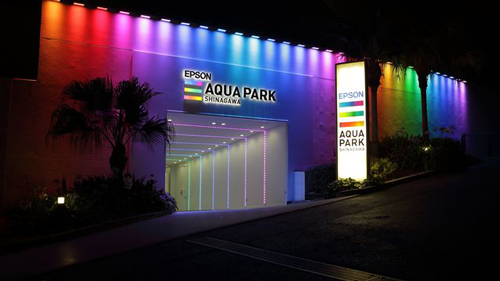
Shinagawa Aquarium, Tokyo, Japan
Japan's famous Shinagawa Aquarium has many areas to see, such as the Aqua Jungle area, which displays animals such as reptiles and freshwater fish, and the jellyfish area with healing themes. In the outdoor "Friendly Square", you can get close to sea lions, fur seals, penguins and other animals. Among them, the Shinagawa Aquarium is most sought after by tourists who can enjoy dolphins in 360 degrees. At the Shinagawa Aquarium, visitors can enjoy the fascinating performance of the dolphins with the changing lights and music in the round dolphin pool with water curtains.
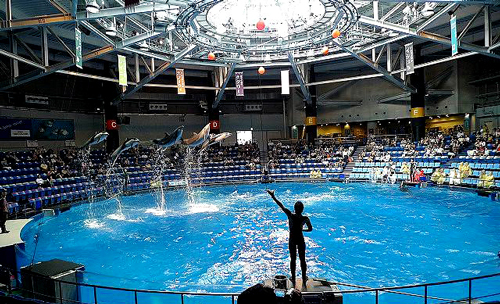
Shinagawa Aquarium Dolphin Pool
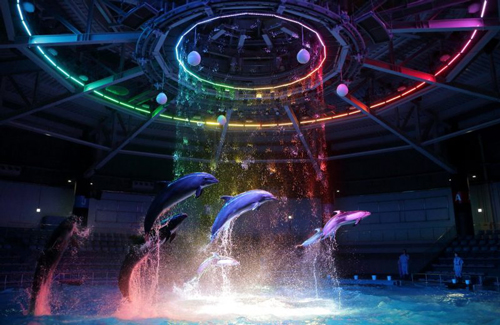
Shinagawa Aquarium Dolphin Show
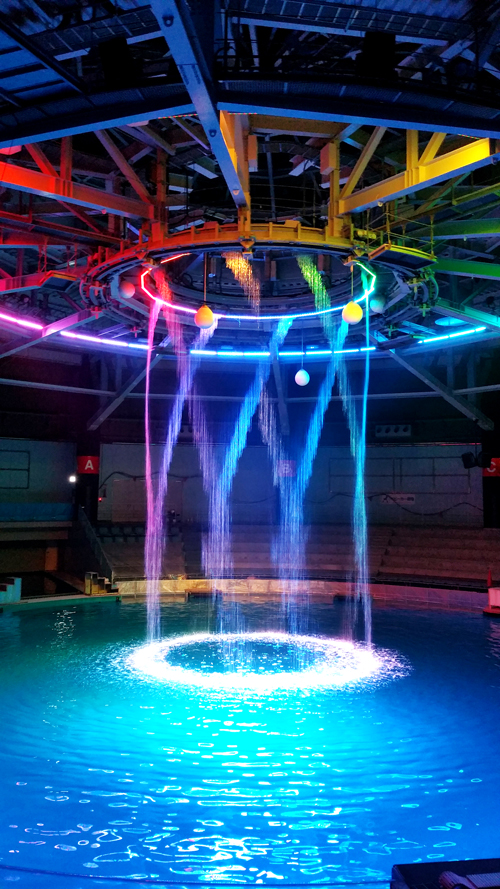
Dolphin show pool lighting project uses the Leite LED controller
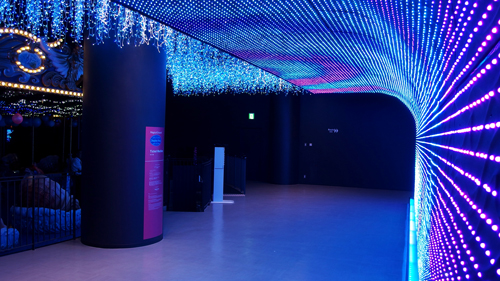
Pixel lighting effects
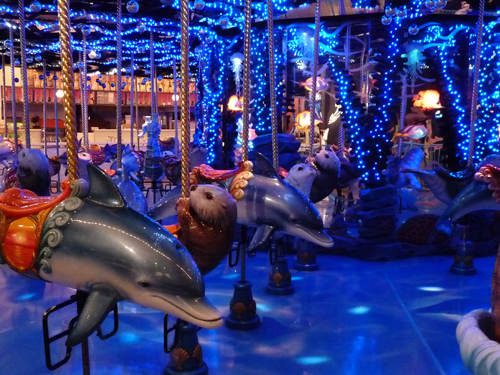
Shinagawa Aquarium outdoor ride lighting effects

Shinagawa Aquarium lighting effects
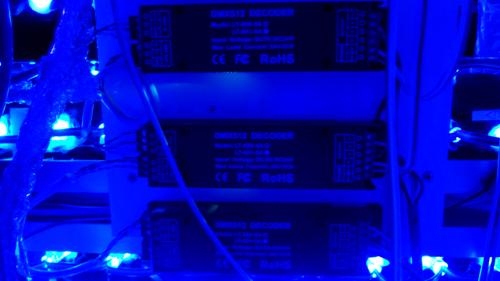
Leite LED controller products are used in the Shinagawa Aquarium Project
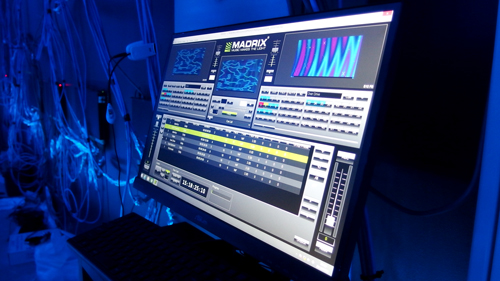
Supporting lighting software system to achieve various control effects
The refurbished Shinagawa Aquarium combines many biological and acousto-image effects to create a more colorful underwater world landscape. The Leite LED controller creates an ever-changing light and shadow effect for the Shinagawa Aquarium, which creates a real ocean environment and presents a happy atmosphere. It gives visitors a rich space for imagination and artistic appeal, and comes to the Shinagawa Aquarium. A visitor's eyes are bright, as if they are in the scenes of thousands of marine life, and experience unprecedented surprises during the entire tour, which is worthwhile.

A siren is a loud noise-making device. Civil defense sirens are mounted in fixed locations and used to warn of natural disasters or attacks. Sirens are used on emergency service vehicles such as ambulances, police cars, and fire trucks. There are two general types: pneumatic and electronic.
Many fire sirens (used for calling the volunteer fire fighters) serve double duty as tornado or civil defense sirens, alerting an entire community of impending danger. Most fire
sirens are either mounted on the roof of a fire station or on a pole
next to the fire station. Fire sirens can also be mounted on or near
government buildings, on tall structures such as water towers,
as well as in systems where several sirens are distributed around a
town for better sound coverage. Most fire sirens are single tone and
mechanically driven by electric motors with a rotor attached to the
shaft. Some newer sirens are electronically driven speakers.
Fire sirens are often called "fire whistles", "fire alarms", or
"fire horns". Although there is no standard signaling of fire sirens,
some utilize codes to inform firefighters of the location of the fire.
Civil defense sirens also used as fire sirens often can produce an
alternating "hi-lo" signal (similar to emergency vehicles in many
European countries) as the fire signal, or a slow wail (typically 3x) as
to not confuse the public with the standard civil defense signals of
alert (steady tone) and attack (fast wavering tone). Fire sirens are
often tested once a day at noon and are also called "noon sirens" or
"noon whistles".
The first emergency vehicles relied on a bell. Then in the 70s,
they switched to a duotone airhorn. Then in the 80s, that was overtaken
by an electronic wail.
Piezo Alarm,Siren And Alarm,Piezo Buzzer Siren,Piezo Buzzer Alarm Siren
Jiangsu Huawha Electronices Co.,Ltd , https://www.hnbuzzer.com